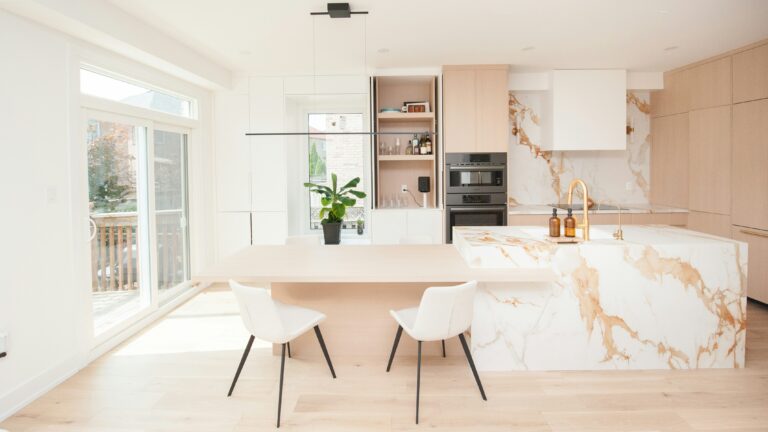
Financial considerations are a cornerstone of homeownership. Preparing for these financial realities is crucial, from the initial down payment to the ongoing costs that follow. A wise buyer understands that the sticker price of a house is just the beginning of the financial journey.
The Down Payment: Your First Financial Hurdle
For a home purchase, the down payment is the first financial challenge. The amount needed depends on the home’s price:
- Homes under $500,000 require a minimum of 5%.-
- Homes between $500,000 and $999,999 require 5% on the first $500,000 and 10% on the rest.
- Homes priced at $1 million or more require a minimum of 20%.
If your down payment is less than 20%, you’ll need mortgage default insurance to protect the lender. While you can often add the premium to your mortgage, you must pay the 8% PST on the premium upfront in Ontario.
Closing Costs: The Hidden Expenses
Beyond the down payment, a significant and often underestimated financial consideration is closing costs. These are one-time fees paid on or before the closing day and typically range from 1.5% to 4% of the purchase price.
Land Transfer Tax: This is one of the most significant closing costs. It’s a progressive tax calculated on the purchase price.
Legal Fees and Disbursements: You’ll need a real estate lawyer to handle the transaction. Legal fees can range from $1,000 to $2,500 or more, plus disbursements for things like title searches and government registration fees.
Home Inspection: A home inspection is a smart investment that can save you from costly surprises down the road. These inspections generally cost between $300 and $650, depending on the property’s size and age.
Title Insurance: This one-time fee protects you against potential issues with the property’s title, like fraud or errors. It’s often included in your legal fees.
Ongoing Expenses: Beyond the Mortgage Payment
Once you’ve closed on your home, the financial obligations don’t stop. You’ll have several recurring costs to budget for.
Property Taxes: These are paid to your municipality and are based on your home’s assessed value.
Utilities: Don’t forget to factor in the costs of heating, electricity, water, and internet, which can vary widely depending on the home’s efficiency and your usage.
Home Insurance: This is a mandatory expense that protects your property from damage and covers liability. Your mortgage lender will require proof of insurance before the deal closes.
Maintenance and Repairs: From a leaky faucet to a new roof, maintenance and repairs are inevitable. A good rule of thumb is to budget 1% of your home’s value annually for these unexpected costs.
Buying a home is a significant financial undertaking. It’s about much more than just the monthly mortgage payment. By understanding and preparing for the down payment, closing costs, and ongoing expenses, you’ll be well on your way to making a sound investment and turning that house into a real home.













